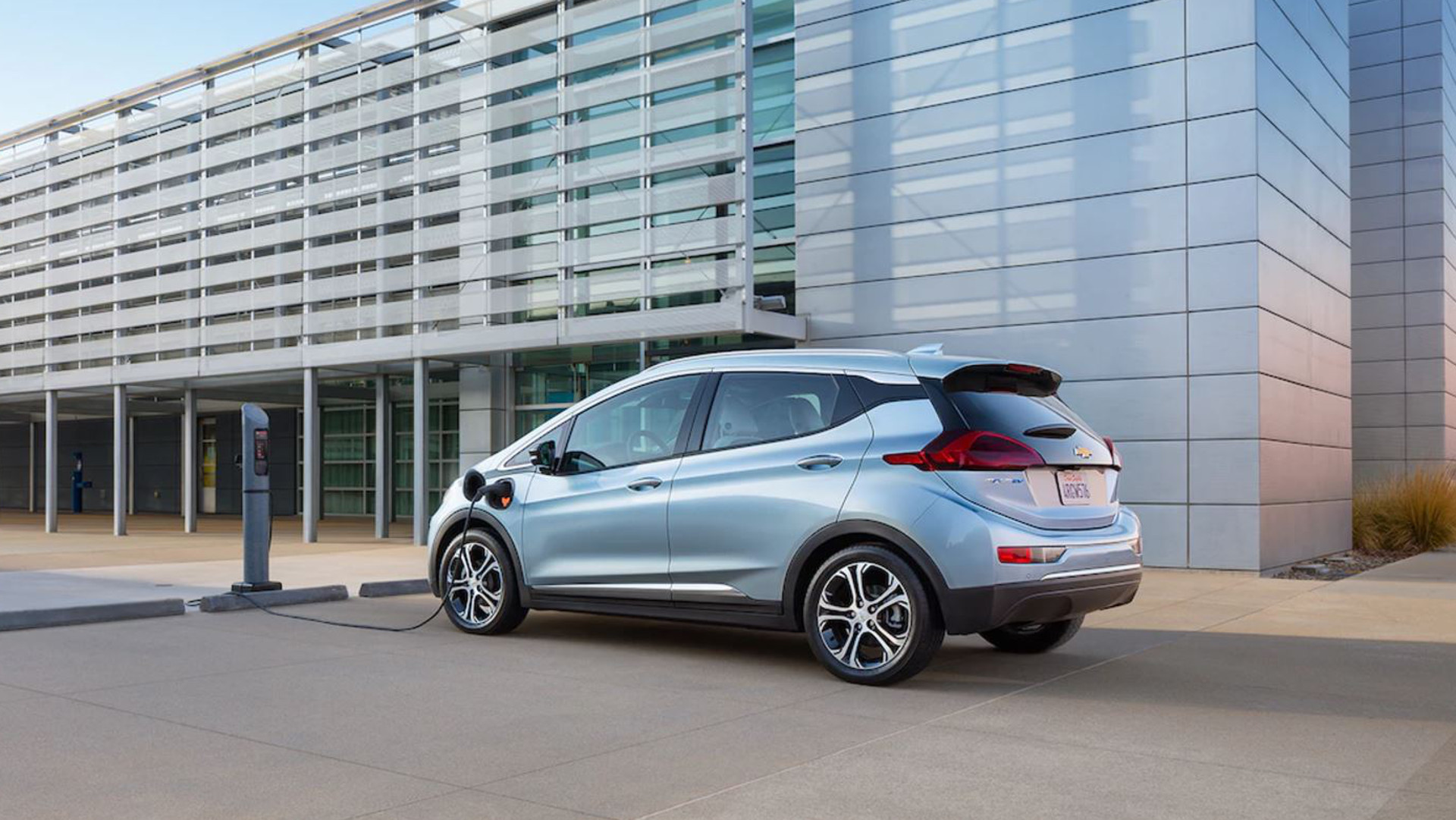

A new report from Bloomberg shows some wildly disproportionate statistics about how drivers choose to get electric cars and plug-in hybrids in their driveways. Almost 80 percent of electric vehicle drivers and 55 percent of plug-in hybrid drivers lease rather than buy. For reference, the percentage of all cars in the U.S. that are leased has hovered right around 30 percent since 2014 according to Bloomberg’s data.
Why the gap? Why are drivers of electrified cars going with leases rather than purchases? A big reason according to Bloomberg is electric car buyers’ hesitation to make a long-term commitment to technology that is likely to be outdated and/or obsolete by the time their leases are up. Ranges are getting longer, charge times are getting shorter, and overall performance is improving with each passing year in the EV arena. Since so many buyers are planning to keep their EVs for a few years before moving on to something more advanced, leasing makes perfect sense.

We’re already seeing what happens to the value of electric cars when they come off lease. Six of the top 10 fastest selling used cars in the U.S. are either electric or hybrid partly due to their deep depreciation. For example, according to iSeeCars, the average price of a used BMW i3 is only $23,603 compared to its starting MSRP of $44,450 and on average it only sits on the used lot for 23.2 days. It’s no coincidence that well over 90 percent of i3s are leased according to the Bloomberg chart above. Nobody wants to buy a new i3 at full price, likely in anticipation of an expansion of the i lineup. The speedy depreciation of EVs and PHEVs is just another reason leasing is an attractive option for those in the market for an electrified car.
Would you consider buying a new electric car or is leasing the way to go?